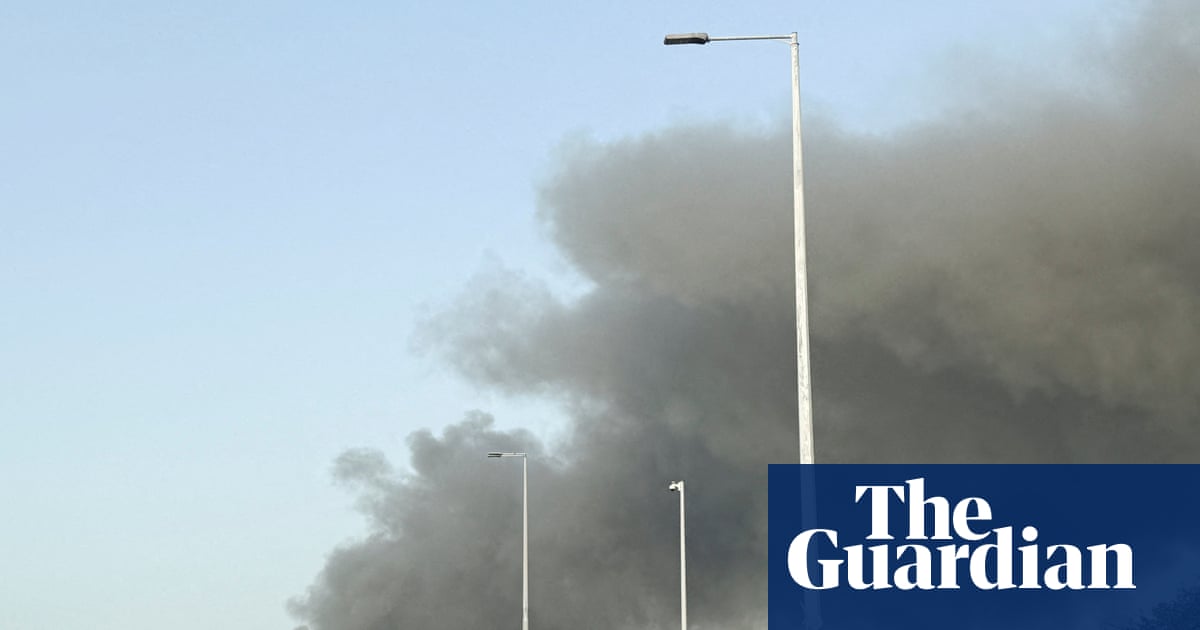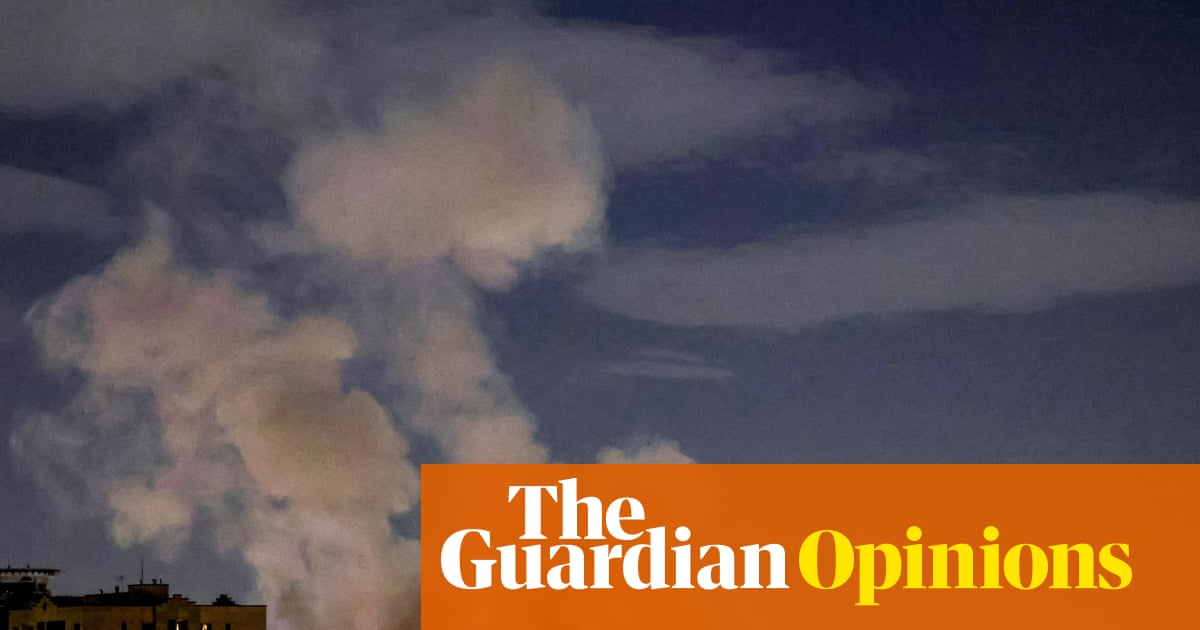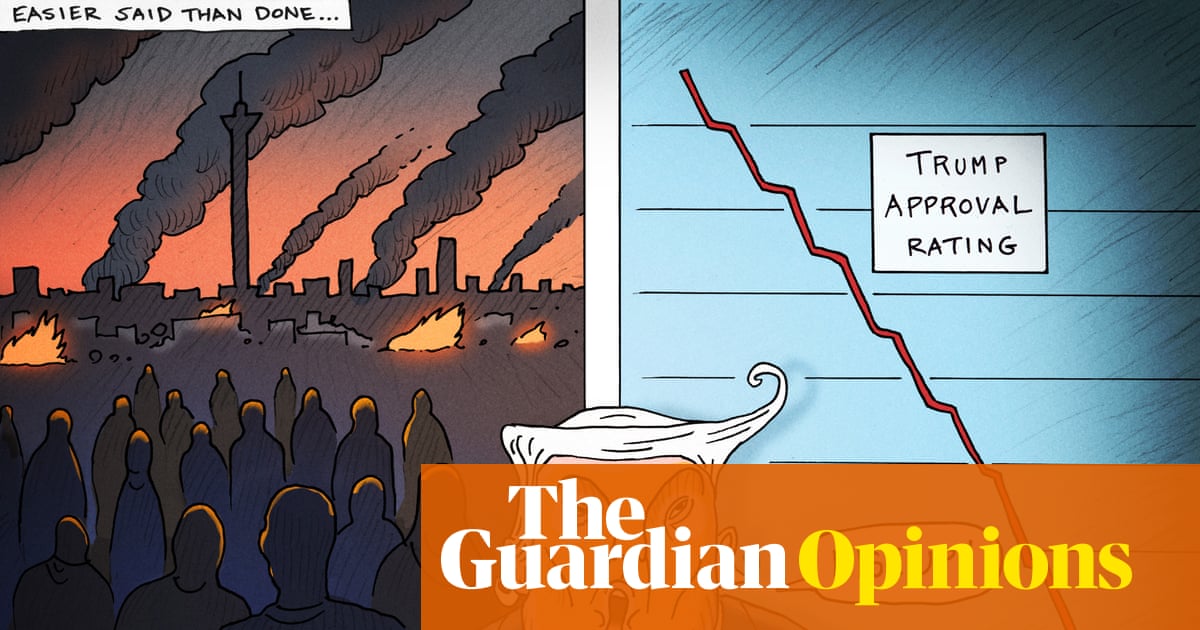As world leaders gather in Brazil this year for Cop30 – the first Amazonian Cop – it’s worth doing a quick reality check on how we are collectively tracking to reduce global greenhouse gas emissions.
Despite 30 years of UN climate summits, about half of the carbon dioxide accumulated in the atmosphere since the Industrial Revolution has been emitted since 1990. Incidentally, 1990 was the year the Intergovernmental Panel on Climate Change – the global authority on climate change science – released its First Assessment Report confirming the threat of human-caused global warming. As scientists all over the world prepare the IPCC’s Seventh Assessment Report, we do so knowing that our work is still being overshadowed by politics. Despite all the well-intentioned half-measures, the truth is that the world is still disastrously off track to limit dangerous climate change.
In the avalanche of technical reports released before Cop30, the World Meteorological Organization stated that CO2 concentrations reached a record high of 423.9 parts per million in 2024, with the growth rate from 2023 to 2024 surging by the largest yearly increase since modern measurements began in 1957. The latest figures from Global Carbon Project show that 90% of total global CO2 emissions in 2024 were generated from the burning of fossil fuels, with the remaining 10% coming from land-use changes including deforestation and wildfires.
While the growth in fossil CO2 emissions in 2024 was driven by increases in gas and oil – together accounting for just over half of global emissions – the burning of coal reached a record high, accounting for 41%. Despite Cop28’s global stocktake calling on all nations to contribute to “transitioning away from fossil fuels”, collectively there are still plans to produce more than double the amount of fossil fuels in 2030 than is consistent with limiting global warming to 1.5C, with the continued extraction of gas rationalised as a lower emission intensity “transition fuel”.
Instead of focusing on economic incentives to encourage the rapid phase-out of fossil fuels, climate policies are heavily reliant on feelgood “nature positive” solutions that aim to neutralise carbon emissions by essentially planting trees instead of reducing industrial emissions. While the protection, expansion and rehabilitation of natural carbon sinks like forests and wetlands is an inherently good thing to do, researchers have shown that there is not enough land to meet the global goal of net zero emissions using nature-based solutions alone.
Approximately 1bn hectares – an area larger than the United States of America – is needed to achieve net zero pledges. More than 40% of this land would need to be converted from existing uses like food production to carbon sequestration projects by 2060 at an unprecedented rate.
And even if this regenerative utopia could be realised, we know that forests take time to mature and can burn down so cannot be thought of as a quick or permanent carbon storage solution, especially in a rapidly shifting climate. As extreme heat and aridity engulfs more of the planet, these well-intentioned efforts could literally go up in smoke.
The science tells us that about half of the total CO2 emitted each year remains in the atmosphere, while the rest is absorbed by oceans and the Earth’s land ecosystems. As the planet warms, these natural carbon sinks are becoming less effective at absorbing CO2, meaning that more carbon accumulates in the atmosphere, further exacerbating global warming. Pushing the mitigation burden on to the land sector simply relieves the fossil fuel industry of the pressure to reduce emissions any time soon.
Achieving net zero by 2050 requires carbon dioxide removal (CDR), which currently relies almost exclusively on land-based measures to soak up excess carbon from the atmosphere. Polluters can simply buy carbon credits to offset their emissions and continue on with business as usual. Meanwhile, the energy imbalance caused by the burning of fossil fuels continues to further destabilise the Earth’s climate. Essentially we are adding more carbon debt to our planetary credit card, leaving future generations with an unpayable liability.
To limit the magnitude and the duration of overshoot of the Paris Agreement temperature goals, ultimately the world needs to go well beyond the neutralising effect of net zero and begin to drawdown cumulative historical emissions to achieve “net negative emissions”.
According to the Global Carbon Project’s latest numbers, vegetation-based CDR is currently absorbing the equivalent of about 5% of annual fossil carbon dioxide emissions, while technology-based CDR accounts for only about one-millionth of the CO2 emitted from fossil fuels. More generous industry estimates sit around 0.1% of total global emissions. At the risk of sounding like a heretic, the political distortion of net zero is an insidious loophole that distracts from the scientific imperative to eliminate the primary cause of our overheating planet – fossil fuels.
While this scientific reality should dominate discussions at Cop30, history tells us that polite incrementalism and political kowtowing will prevail. Vague statements of future ambition will continue to delay the urgent need for concrete immediate action. Until our leaders have the courage to put a price on carbon to bring the era of fossil fuels to a definitive end, we are adding more and more carbon to the atmosphere, compounding the physical catastrophe now unfolding all around us.
The dilemma we face is simple: genuinely respond to the scientific reality of our predicament or endure the consequences of this profound moral failure for centuries to come.
-
Dr Joëlle Gergis is an award-winning climate scientist and writer from the University of Melbourne. She served as a lead author on the United Nations’ Intergovernmental Panel on the Climate Change’s Sixth Assessment Report

.png) 3 months ago
83
3 months ago
83

















































